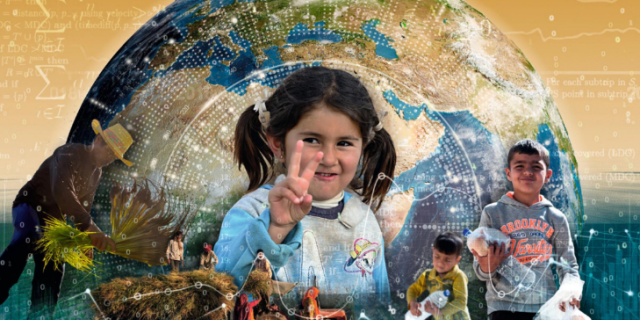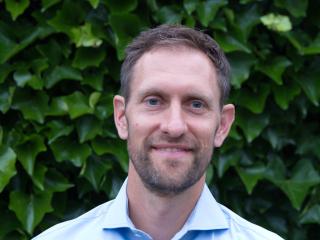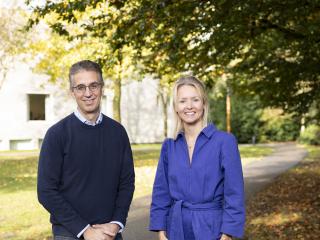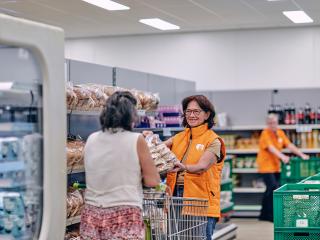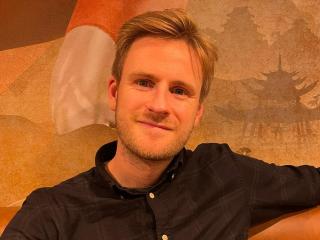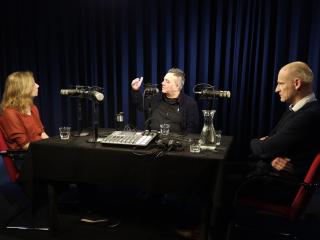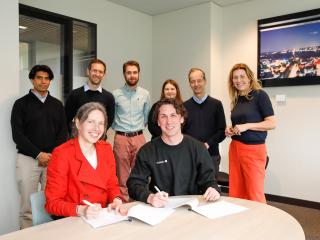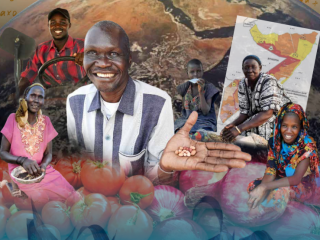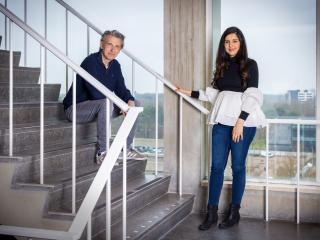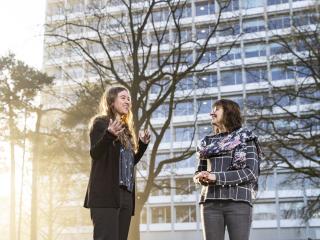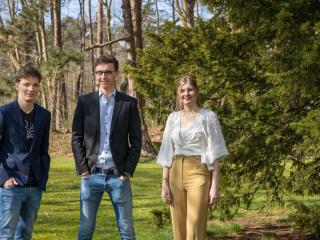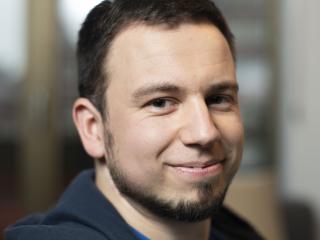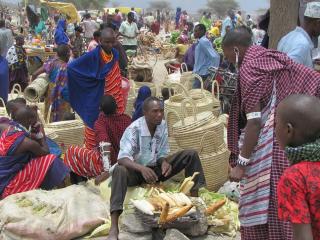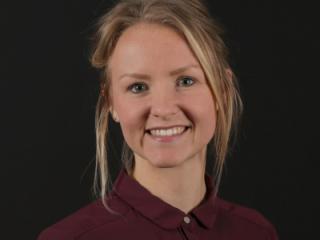Zero Hunger Lab
The hunger problem in the world is huge. Today, according to the United Nations (UN 2021), as many as 828 million people regularly go to bed hungry. Every three seconds a child dies of hunger somewhere in our world. Tilburg University’s Zero Hunger Lab wants to use data science to contribute to realizing global food security. We call this bytes for bites.
Sustainable Development Goals
Globally, all countries have made agreements and laid them down in the seventeen UN Sustainable Development Goals (SDGs). The second goal (SDG-2) is Zero Hunger. The five agreements made in this respect are:
- By 2030, safe, nutritious and sufficient food
- By 2030, end malnutrition
- By 2030, double the agricultural productivity and incomes of small scale food producers
- By 2030, ensure sustainable food production
- By 2020, maintain the genetic diversity of seeds, cultivated plants and farmed, and domesticated animals and their related wild species.
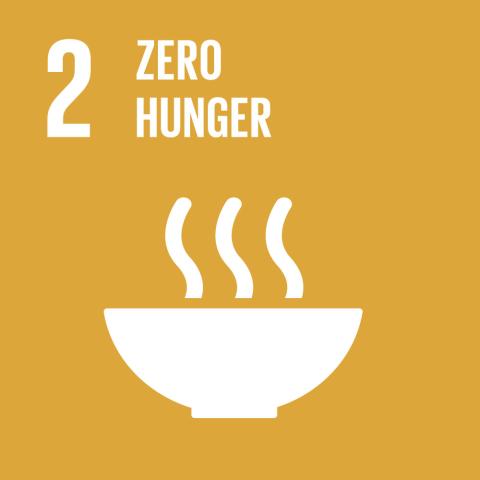
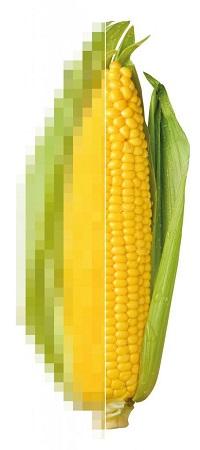
Bytes for Bites
Tilburg University’s Zero Hunger Lab wants to contribute to the attainment of these five agreements based on data science. Only by working together intelligently can we put an end to hunger in the world. We do this by advising aid organizations, companies, and government institutions through mathematics and smart algorithms: we call it Bytes for Bites.
Our mission is to make people independent from food aid and to ensure sustainable food security. We do this not only in Africa, Asia, or the Middle East but also in the Netherlands, where 150,000 people depend on the 170 Food Banks for their daily meal.
Achieving food security
We believe that, with a joint approach to food security problems, we will make more impact in the fight against hunger. Our food systems have to be fundamentally adapted over the next decade – of course in order to better help people in need when they are hit by war or natural disaster, but also to be able to provide more than 10 billion people with three healthy meals a day by 2050 within the planetary boundaries.
The lab is part of Tilburg University’s IMPACT program, which connects several scientists with social partners to realize impact together.
Reed more about Zero Hunger Lab in our flyer.
What have we already achieved?
thanks to our model OPTIMUS
the model in 80 countries
In achieving greater food security, we have to deal with an enormous complexity of factors. This also means that changes take time and, sometimes, results do not become concrete until after a number of years.
Projects
-
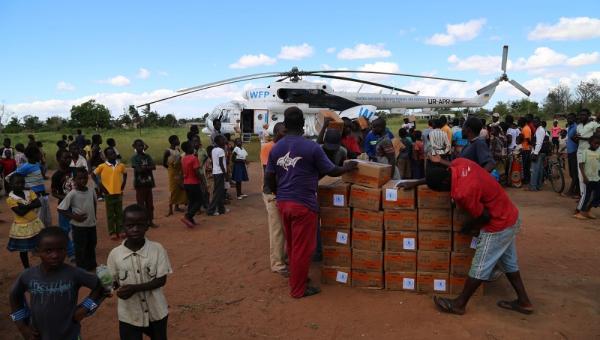
Model OPTIMUS and its collaboration with World Food Programme
The UN approached Tilburg University with the challenge of optimizing the supply chain in crisis situations using data analytics.
More information -
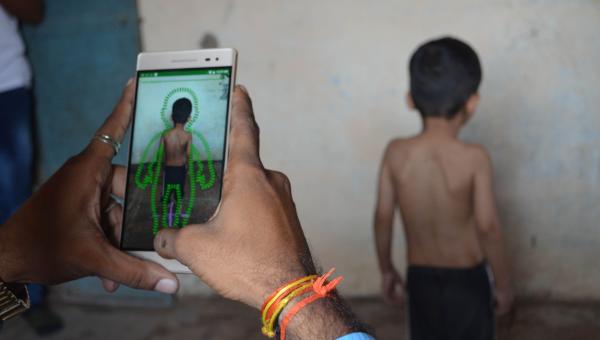
Child Growth Monitor
Tilburg University's Zero Hunger Lab was asked to develop the AI algorithm that measures body parameters, such as height, circumference, and weight from images. The algorithm can be included in the app to enable automatic detection of malnutrition in children all over the world.
More information -

Project Enhance: Cost of Diet
How can we all be provided with food, especially in times of global distress or famine? Through AI and Big Data, the Zero Hunger Lab aims to answer these questions with Project ENHANCE.
More information
Strong together
In addition to Tilburg University, the Dutch Ministry of Foreign Affairs is a strategic partner in the long-term research program of the Zero Hunger Lab. Research projects and knowledge-building are being planned or already implemented with many institutions such as:
• Aid & development organizations: World Food Programme, Solidaridad, Welthungerhilfe, Food Banks Netherlands, Oxfam, Dutch Relief Alliance, Dutch National Operational Team-Corona, World Bank, One-Acre Fund.
• Knowledge institutes: INSEAD Humanitarian Research Group, Wageningen University & Research, Dutch Coalition for Humanitarian Innovation, Center for Frugal Innovation Africa, KU Leuven, University of Liberia.
Hunger rising rapidly due to COVID-19
WFP estimates that 271.8 million people in countries where it operates are acutely food insecure or directly at risk of becoming so due to the aggravating effect of the COVID-19 crisis. At a regional level, increases in food insecurity are observed in the Middle East, Asia, and in particular, Latin America and the Caribbean where hunger has quadrupled in the countries where WFP operates.
Read more: WFP COVID-19 Situation Report
Want to help us to make a change? Contact us!
Join in the Help
Reducing the world's great hunger problem requires not just more efficient and effective (emergency) food aid. On the contrary, it is also necessary to share knowledge, also from other disciplines such as behavioral, legal, or economic sciences. It is important to strengthen local capacity so that farmers, businesses, and communities themselves can ensure sustainable food security and become independent of support.
The solution to the food problem lies in cooperation. Help us achieve this solution.
Our stories
Read more in the special issue of New Scientist with stories from our researchers and our partners like World Food Programme, Food Banks Netherlands and the Ministry of Foreign Affairs. It gives a 360 degree view of what we have achieved with our research and what we are aiming for in the medium and long term.
or
Collaborate
-

Partners Zero Hunger Lab
We are looking for partners to make even more impact.
More information -
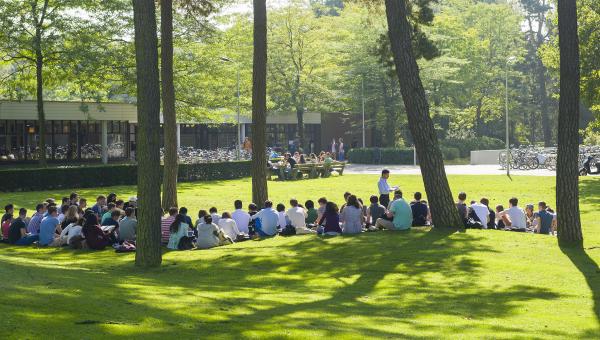
Donors Zero Hunger Lab
We invite you to support the Zero Hunger Lab.
More information -
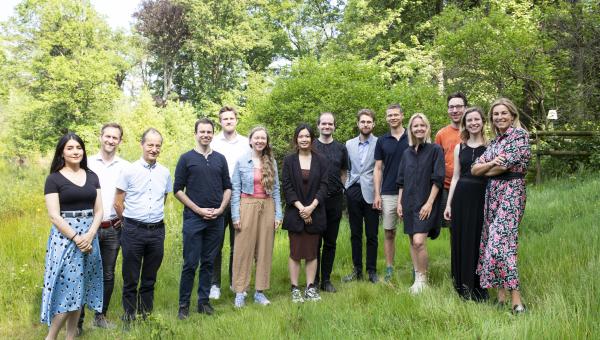
Researchers Zero Hunger Lab
We are looking for passionate master's students or PhD's who want to work with us.
More information
Check this out
-

Perry Heijne
Co-founder Zero Hunger Lab
Team Zero Hunger Lab

